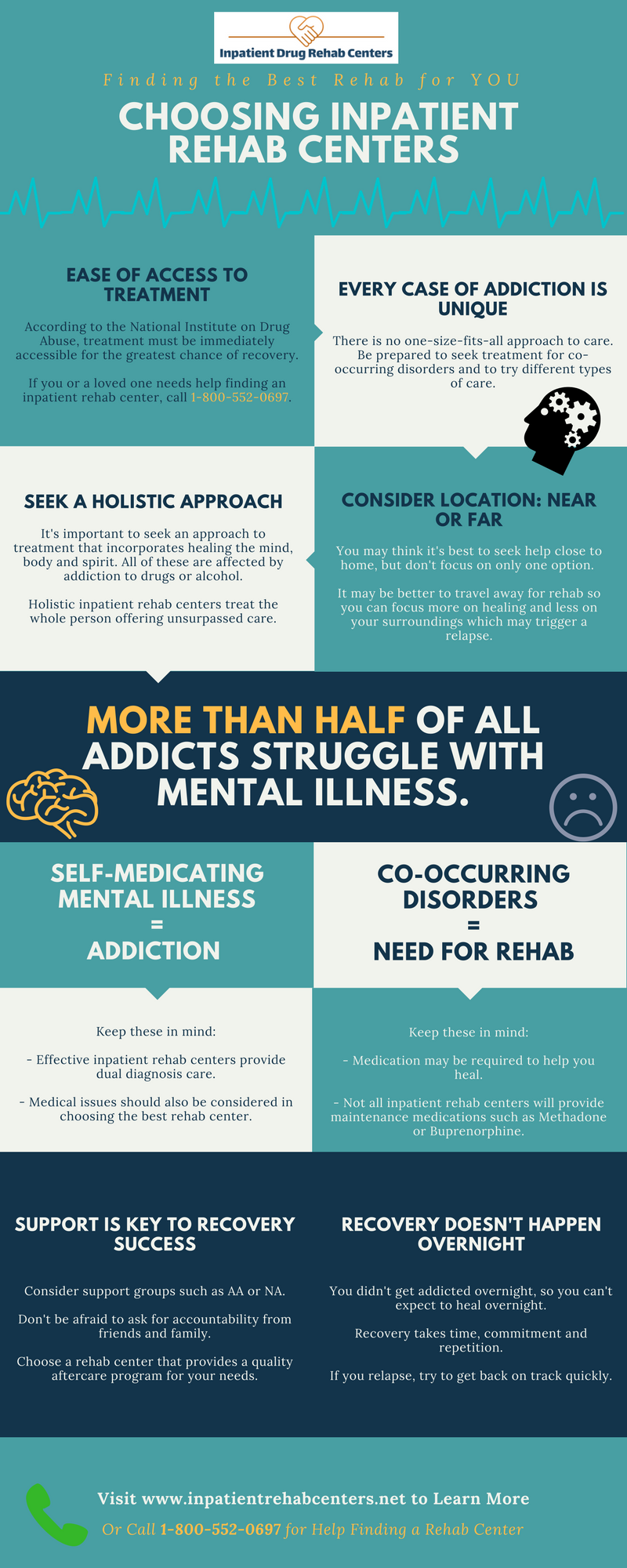After Completing Drug Rehabilitation, It's Important To Have A Solid Support Group In Place To Make Sure Long-Lasting Healing. Discover Just How Aftercare Programs Can Aid You Keep Sobriety And Create A Meeting Life
After Completing Drug Rehabilitation, It's Important To Have A Solid Support Group In Place To Make Sure Long-Lasting Healing. Discover Just How Aftercare Programs Can Aid You Keep Sobriety And Create A Meeting Life
Blog Article
Web Content By-Ennis Butcher
You can't do it alone. a knockout post from drug addiction calls for a strong support group.
The value of aftercare in drug rehab can not be overemphasized. In this write-up, we will certainly discover the duty of counseling, the benefits of treatment, and the foundation given by peer support system in preserving soberness.
So, get a cup of coffee, kick back, and let us guide you through the critical steps of post-rehabilitation support.
The Duty of Therapy in Aftercare
If you want to keep your sobriety after leaving rehab, it's essential that you continue taking part in counseling sessions as part of your aftercare strategy.
Counseling plays an essential function in your recuperation journey by giving continuous assistance, assistance, and a safe area to express your feelings and concerns.
Through therapy, you can address any kind of underlying issues that may have contributed to your addiction, establish coping approaches, and learn much healthier ways to manage anxiety and food cravings.
It allows you to work through any kind of unsolved feelings and establish a much better understanding of on your own and your triggers.
The Benefits of Treatment in Preserving Soberness
To maintain your soberness, treatment can give many advantages.
- Treatment uses a safe area for you to check out and address the underlying concerns that might have contributed to your dependency.
- It allows you to work through your emotions and establish healthier methods of dealing with stress and anxiety and activates.
- Through treatment, you can acquire a far better understanding of yourself and your patterns of behavior, which can assist you make favorable modifications in your life.
- Furthermore, treatment provides you with a support system of professionals who are educated to lead and assist you on your journey to recuperation.
- They can offer beneficial insights, tools, and techniques to help you navigate the challenges that may arise.
- In therapy, you can learn to create healthy coping skills, construct durability, and boost your overall wellness.
Peer Support System: A Structure for Lasting Healing
You can find long-term healing by actively participating in peer support groups and connecting with others who share similar experiences and objectives.
Peer support system provide a risk-free and non-judgmental space where people in healing can come together to share their battles, successes, and understandings. By proactively joining these teams, you can obtain the assistance and support you need to remain on the course of recovery.
Connecting with others that've undergone similar experiences can be extremely encouraging, as it aids you realize that you aren't alone in your journey. It likewise permits you to gain from others who've efficiently gotten rid of similar difficulties. Together, you can celebrate milestones, hold each other liable, and offer support and suggestions.
Via these connections, you can develop a solid support system that will certainly help you browse the ups and downs of healing and eventually find lasting healing and change.
Verdict
You've learned about the essential duty of aftercare in drug rehab. Counseling, treatment, and peer support groups add to lasting recovery. Below's https://anotepad.com/notes/dy8btjw9 to comprehend the size of the concern: researches show that people who receive aftercare therapy are 50% more likely to preserve soberness compared to those who do not.
So, visualize the transformative power of these support group in aiding people recover their lives and construct a brighter, drug-free future.
